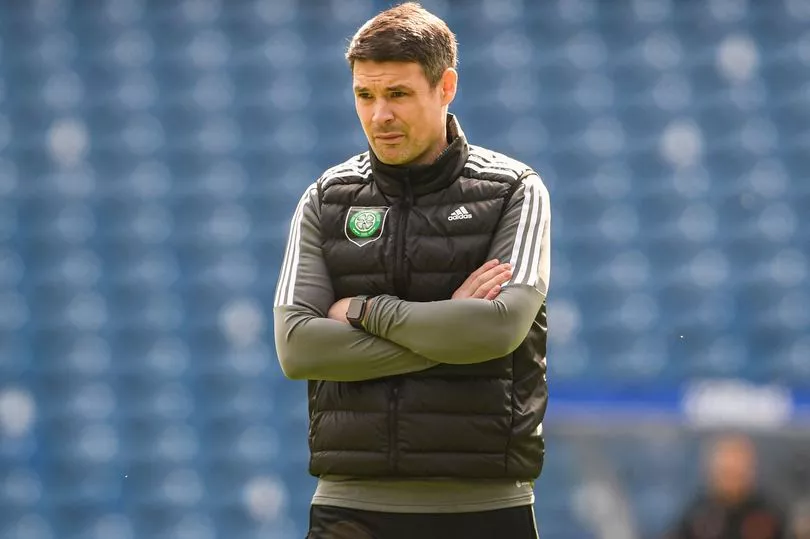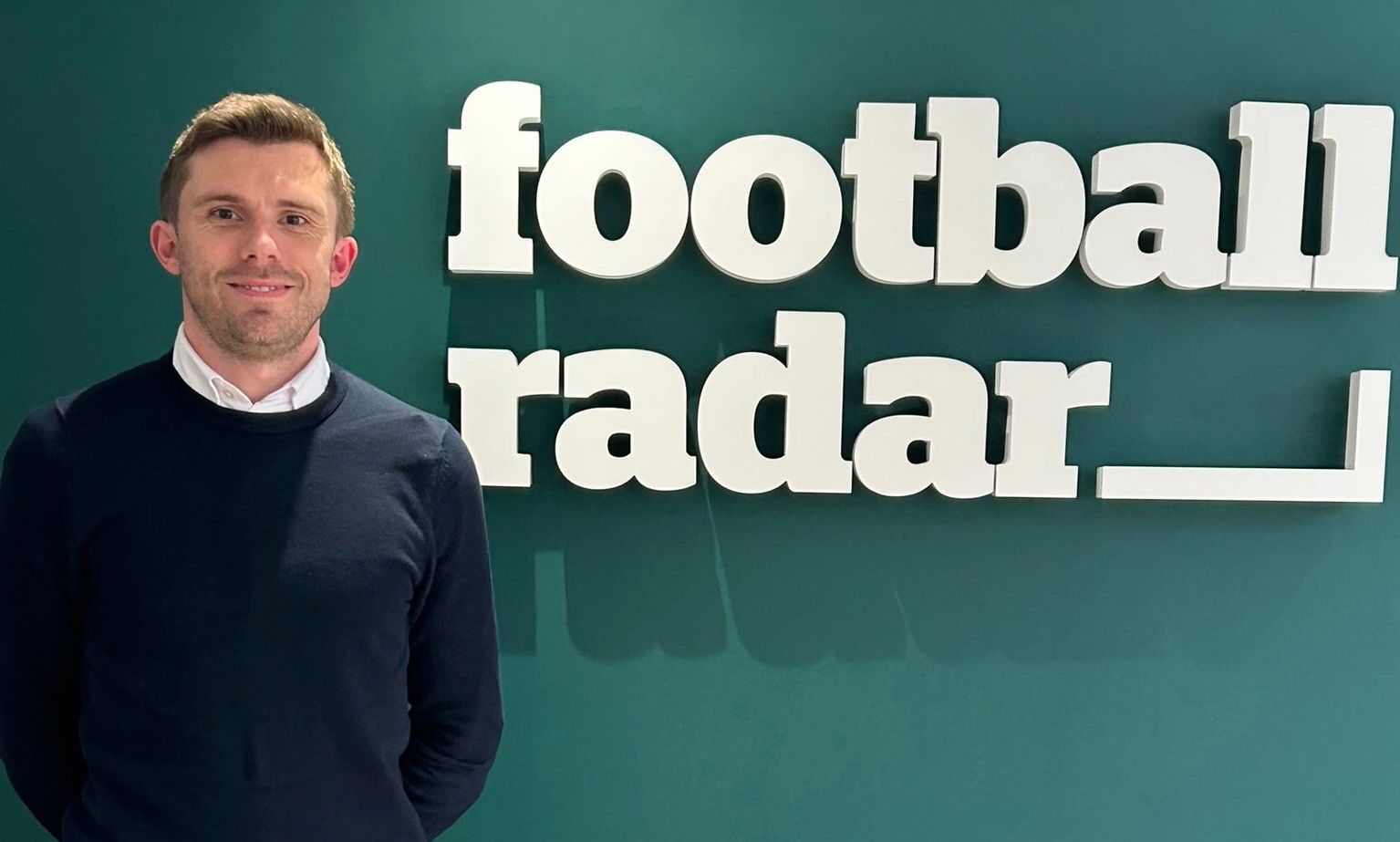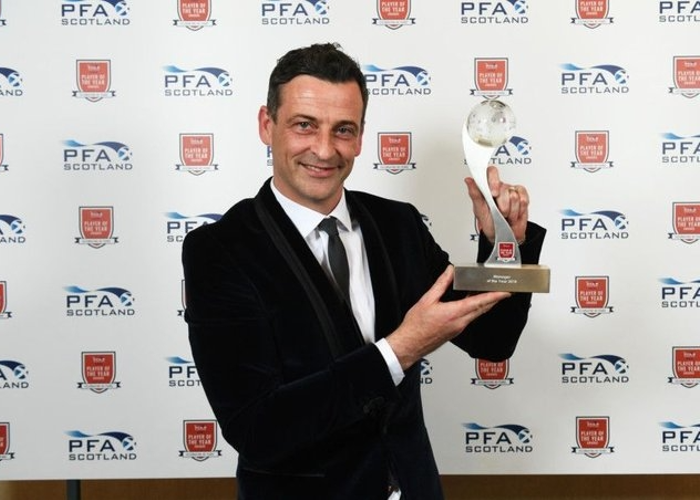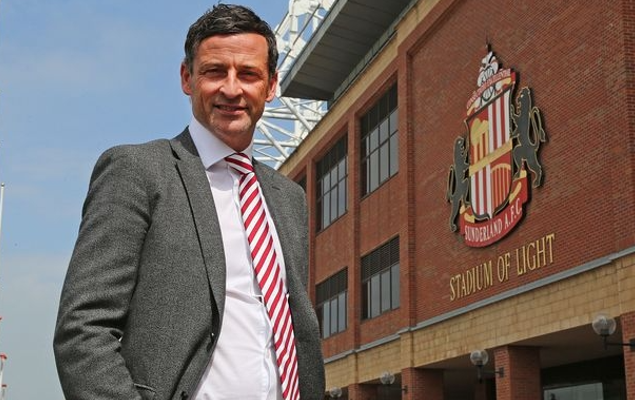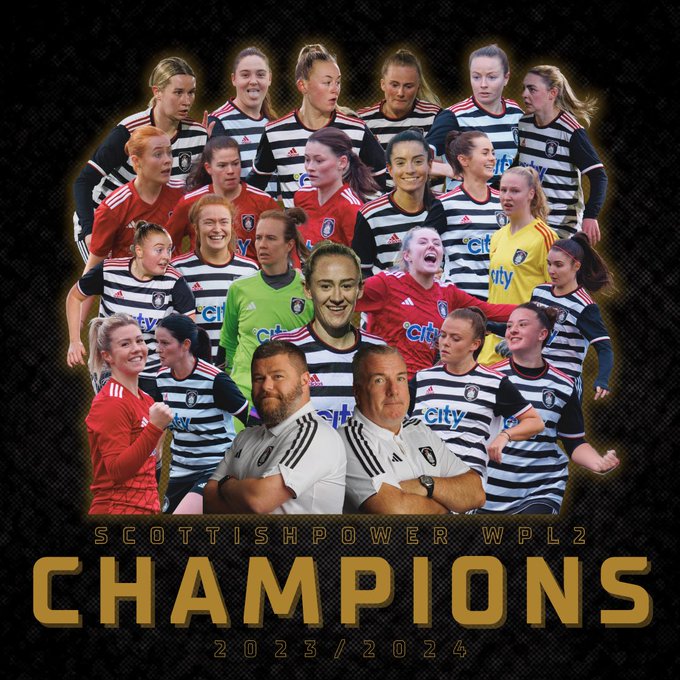Jack Ross: Managing the Modern Player
- Learned from the times he was shunned by managers as a player — and vowed never to be like that
- Reflects on working with Boyle, Morgan and Maja, who earned life-changing moves on his watch
- Examines Sir Alex Ferguson’s legacy and insists knowing how to get the best out of those you work with will always be crucial to coaches
One look inside Jack Ross’ training notebook gives you a glimpse of the challenge coaches face managing the modern player.
There on those specially designed pages with illustrations of training pitches and columns for tactical notes is a crucial corner. On each page there is a box that simply says: speak to.
It’s there as a reminder for the former Alloa Athletic, St Mirren, Sunderland and Hibernian manager, a cue to tell him which members of his squad he needs to catch up with that day. For many, it may seem like a small detail. For 45-year-old Football Careers client, Jack, it’s crucially important.
Ross — brutally jettisoned at Hibs after a poor run of form despite hitting every boardroom target set for him — is currently assessing his next career move after turning down the chance to return to his former Scottish Premiership employers, St. Mirren.
Jack’s rare slice of down-time gave us the perfect chance to catch up and examine the process and motivation of an educated coach who has never conformed to the norm. The shrewd Scot pondered the question we posed of what it takes to manage the modern day player and he stressed:
”I am fortunate that I enjoy communication and I would back myself as a communicator. I have always worked on the basis that I can talk to my players. Yet you can’t leave that communication to chance. I am a strategic thinker.
“My training notebooks have pitches and a place for notes on how we can make it better. I designed it myself. It also has a box on each page that says: speak to.
”There are always players you will gravitate towards, those who are better conversationalists. Then there are those who are harder work, who in truth, might not like you that much.
”I may not have spoken to them for four or five days properly and that troubles me, so I have to remedy that. So even as a communicator you have to possess a tool that makes you do that.”


